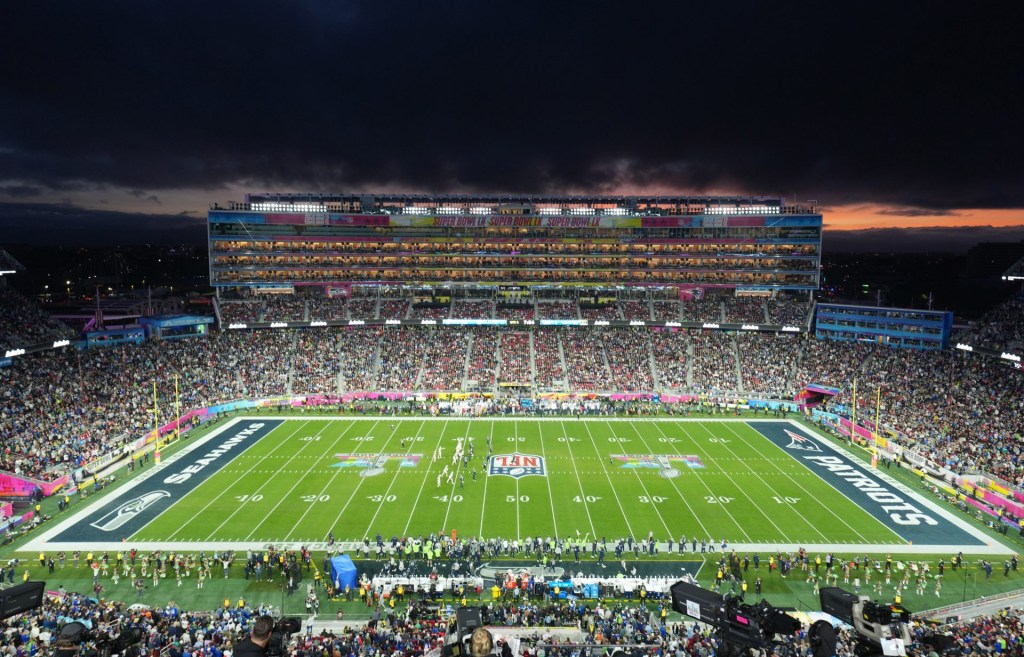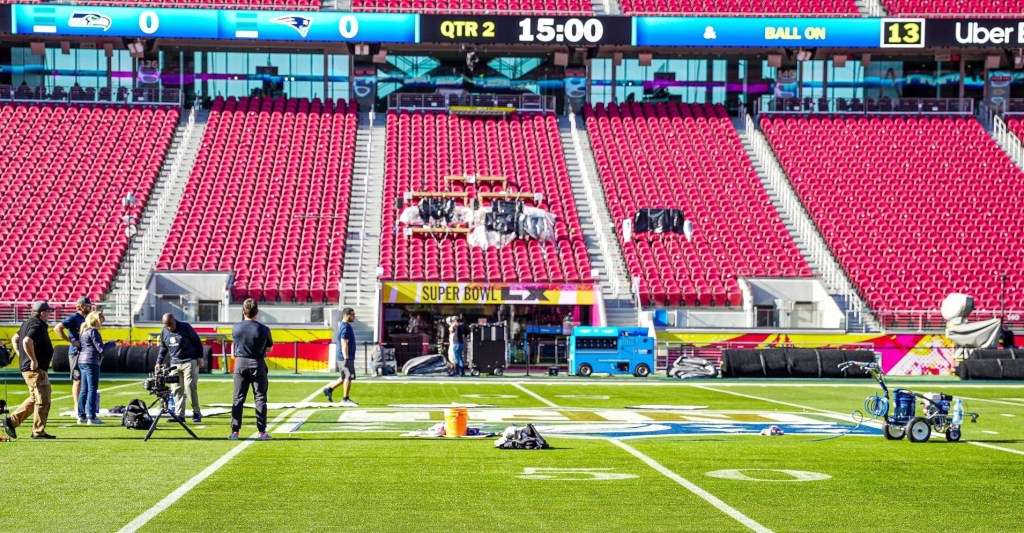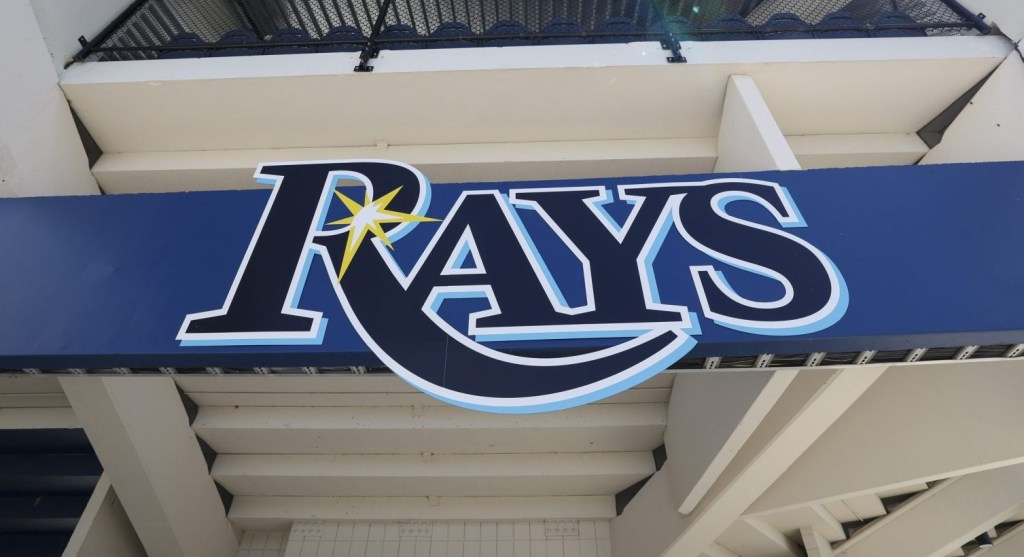Another major NFL venue is retiring its public debt many years ahead of schedule.
The city of Arlington, Texas, which owns AT&T Stadium, the home of the Cowboys, said it will make a final, $22.6 million payment Friday on the 16-year-old venue, ending the facility debt a decade early.
Arlington was originally scheduled to pay down $325 million in total contributions until 2035. Revenues from a sales-tax increase, hotel occupancy taxes, and car-rental taxes—all approved by local voters in 2004 to help fund the stadium—enabled the debt to be settled far sooner.
Overall, Arlington paid $490.3 million in total principal, interest, and fees toward AT&T Stadium, but getting so far ahead of schedule saved more than $150 million in additional interest and fees. The Jerry Jones–led Cowboys paid the rest of the $1.2 billion in total construction costs for AT&T Stadium.
“Ten years early saves you a lot of interest and a lot of fees,” Arlington city manager Trey Yelverton told the city council. “Because of how we’ve structured things, we’re able to pay them off early, and because we’re paying this one off early, we continue to be in a good position for Globe Life Field.”
Arlington is also on the hook for $500 million in costs, before interest and fees, for the home ballpark of MLB’s Rangers. That, too, is on track for early repayment, with Yelverton projecting a 2034 retirement of that debt, 14 years early.
More Early Repayment
The Texas situation also mirrors other, newer NFL stadiums that have similarly paid down debt far ahead of the initial schedule. Minnesota’s U.S. Bank Stadium saw its public debt retired in 2023, 23 years early, saving taxpayers in the state $226 million in interest.
A somewhat similar situation is additionally unfolding in Washington, D.C., where public debt on the publicly owned Nationals Park is on target to be paid off in the next year, a decade early. Similarly, tax receipts for stadium bonds have far exceeded initial projections. That situation helped give local officials confidence to support about $1.1 billion in public funds for a new Commanders stadium.
Bond schedules for stadium financing are typically conservative to help minimize investor risk from that debt.





![[Subscription Customers Only] Jul 13, 2025; East Rutherford, New Jersey, USA; Chelsea FC midfielder Cole Palmer (10) celebrates winning the final of the 2025 FIFA Club World Cup at MetLife Stadium](https://frontofficesports.com/wp-content/uploads/2026/02/USATSI_26636703-scaled-e1770932227605.jpg?quality=100&w=1024)











